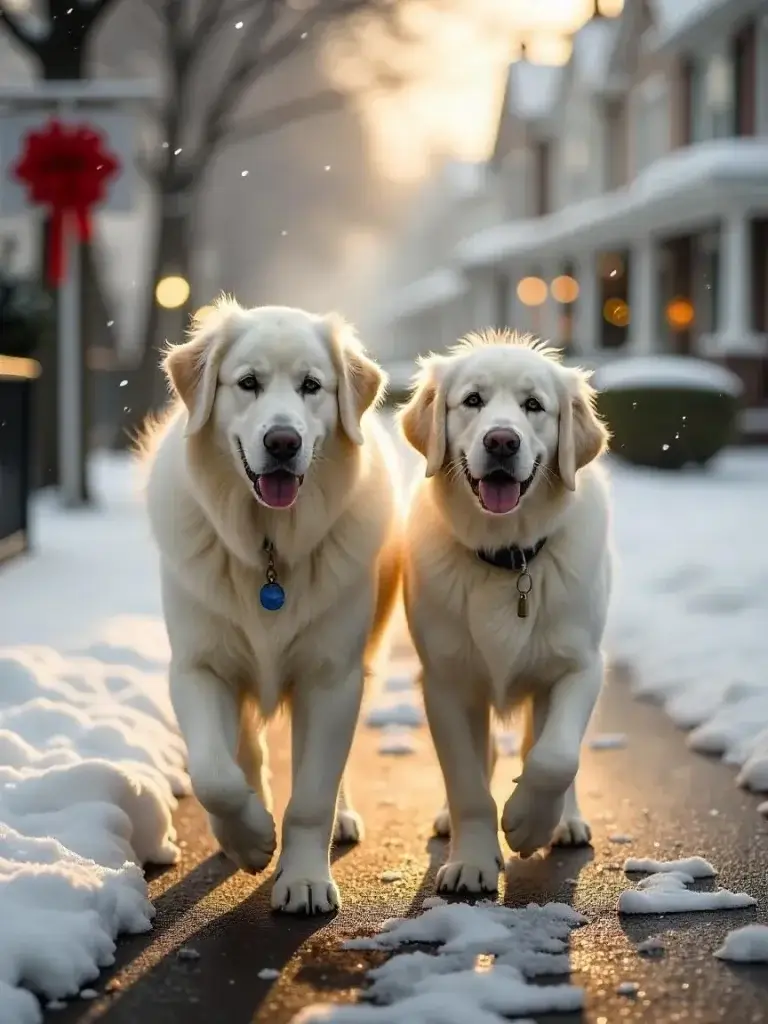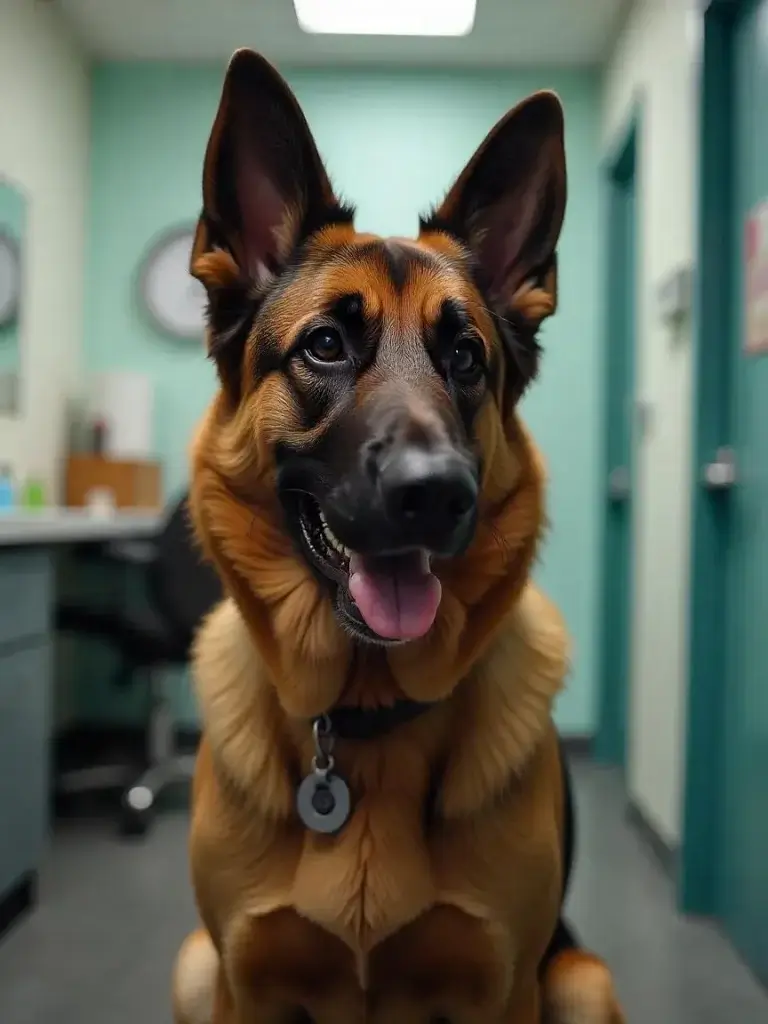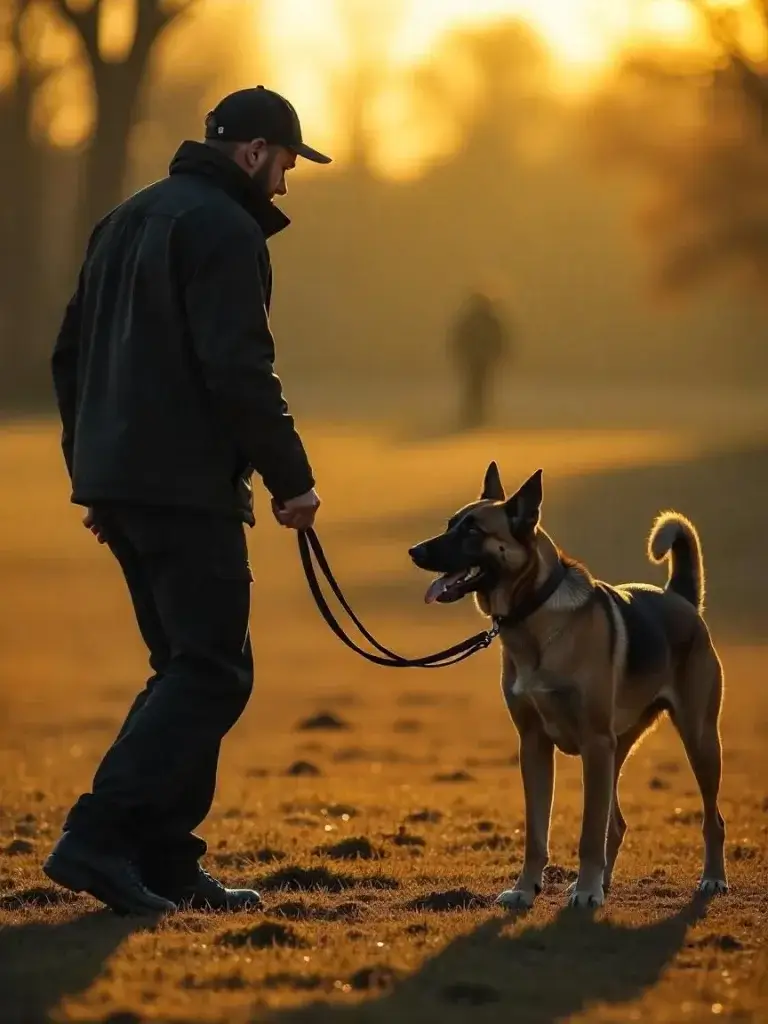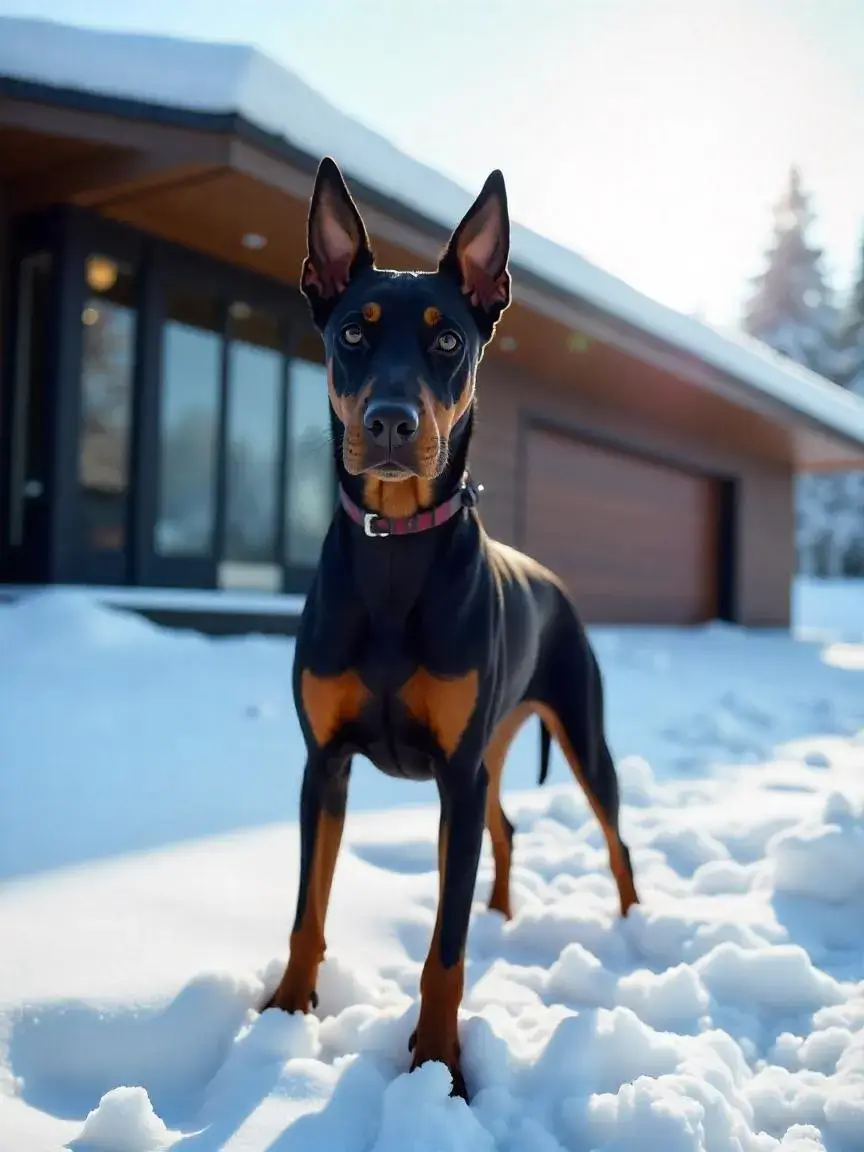Guard dogs have been trusted companions for centuries, known for their loyalty, protection, and protective instincts. Whether you’re looking to secure your home or add a loyal companion to your family, understanding the unique qualities of each breed is essential. In this comprehensive guide, we delve into the traits, temperament, and training needs of the top guard dog breeds. By the end of this article, you will have a clear understanding of which breed fits your lifestyle, ensuring you make an informed decision for both security and companionship.
Why Choose a Guard Dog?
The Role of Guard Dogs in Home Security
Guard dogs provide more than just physical protection—they also offer emotional security and peace of mind. Their presence can deter potential intruders and create a secure environment for families.
Key Benefits of Guard Dogs
- Deterrence: The mere sight and sound of a guard dog can discourage unwanted visitors.
- Immediate Response: Guard dogs are quick to alert you of any suspicious activity.
- Family Bonding: A well-trained guard dog can also be a loving family member, balancing protection with companionship.
- Versatility: Many guard breeds can be excellent family pets when properly socialized and trained.
Historical Significance and Modern Application
Throughout history, guard dogs have played crucial roles—from protecting livestock to securing royal estates. Today, these breeds continue to be valued for their instinct to protect and their ability to adapt to modern living environments.
Top Guard Dog Breeds: In-Depth Look

Selecting the ideal guard dog breed depends on many factors, including temperament, training needs, and overall energy level. The following sections cover some of the best guard dog breeds, highlighting their unique qualities.
German Shepherd
Overview and Characteristics
German Shepherds are renowned for their intelligence, loyalty, and versatility in protection and working roles. They excel in training, making them excellent guard dogs and family protectors.
Temperament and Traits
- Intelligent and Responsive: Easily trained with a natural instinct for protection.
- Loyal: Deeply bonded with their families.
- Versatile: Often used in law enforcement and security roles.
- Energetic: Requires regular exercise and mental stimulation.
Doberman Pinscher
Overview and Characteristics
The Doberman Pinscher is known for its sleek build, agility, and fierce loyalty. With a natural guarding instinct, these dogs are both effective protectors and affectionate companions.
Temperament and Traits
- Alert and Courageous: Quick to respond to potential threats.
- Loyal and Protective: Form strong bonds with their owners.
- Elegant: Possesses a striking appearance with a muscular build.
- Trainable: Benefits from early socialization and structured training routines.
Rottweiler
Overview and Characteristics
Rottweilers have a powerful presence and are highly regarded for their strength and protective nature. When raised in a loving environment, they make loyal and dependable guard dogs.
Temperament and Traits
- Confident: Exudes authority and commands respect.
- Protective: Naturally vigilant and cautious.
- Calm Under Pressure: Maintains composure in stressful situations.
- Social: Can be great family dogs if properly socialized.
Bullmastiff
Overview and Characteristics
Bullmastiffs are known for their imposing stature and gentle temperament with their families. Their natural instinct to guard makes them excellent protectors without the high-energy demands of some other breeds.
Temperament and Traits
- Reliable Guard: Naturally protective without being overly aggressive.
- Calm and Composed: Ideal for families looking for a more relaxed guard dog.
- Loyal Companion: Enjoys spending time with family while remaining vigilant.
- Low Maintenance: Generally requires moderate exercise and minimal grooming.
Additional Considerations When Choosing a Guard Dog
Evaluating Your Environment
Indoor vs. Outdoor Requirements
- Space Requirements: Consider if your home has adequate space for a high-energy breed.
- Climate: Some breeds are better suited for specific climates.
- Lifestyle: Ensure the breed matches your activity level and daily routine.
Training and Socialization
Effective training is crucial to ensure that your guard dog is both disciplined and well-adjusted. Begin socializing from a young age to balance protective instincts with friendly behavior.
Health and Maintenance
Common Health Issues
- Screening and Genetics: Research common health issues associated with each breed.
- Regular Vet Check-ups: Schedule annual health assessments to maintain optimal health.
- Diet and Exercise: Provide a balanced diet and sufficient exercise tailored to the breed’s needs.
Grooming Needs
- Coat Care: Regular grooming varies by breed—short coats may require less maintenance.
- Hygiene: Routine care, including nail trimming and dental hygiene, is essential for overall well-being.
Training Your Guard Dog: Best Practices

Establishing Obedience and Discipline
Early Training Tips
- Consistency: Use clear commands and reward positive behavior consistently.
- Socialization: Introduce your guard dog to various settings, people, and other animals early on.
- Professional Help: Consider expert trainers if you encounter challenges in establishing discipline.
Advanced Training Techniques
- Scenario-based Training: Mimic real-life situations to train your dog’s protective instincts safely.
- Positive Reinforcement: Use treats, praise, and play as rewards for proper behavior.
- Ongoing Assessment: Regular training sessions ensure that your dog remains alert and well-behaved.
Safety and Legal Considerations
Responsible Ownership
Owning a guard dog comes with responsibilities, including proper training and understanding local regulations. Ensure that your dog’s behavior aligns with community standards and safety practices.
Understanding Liability
- Insurance: Check your home insurance policies for clauses regarding pet behavior.
- Neighborhood Guidelines: Familiarize yourself with local laws concerning guard dogs and public safety.
Conclusion

Choosing the right guard dog breed can make a significant impact on your home’s security and overall family well-being. German Shepherds, Doberman Pinschers, Rottweilers, and Bullmastiffs are just a few of the many breeds known for their protective instincts, loyalty, and versatility. By researching each breed’s temperament, training needs, and lifestyle compatibility, you can find the perfect match for your home security requirements.
Stay informed, prioritize proper training and socialization, and you’ll soon enjoy the benefits of having a reliable guard dog that serves both as a protector and a cherished family member.
This detailed guide is designed to rank well in search engines by addressing key search queries about guard dogs, incorporating strategic headings, clear meta information, and engaging visual prompts. Feel free to adjust any part of the content to better fit your audience and branding needs. Enjoy exploring the world of protective canine companions!


